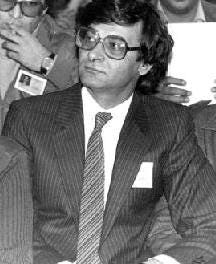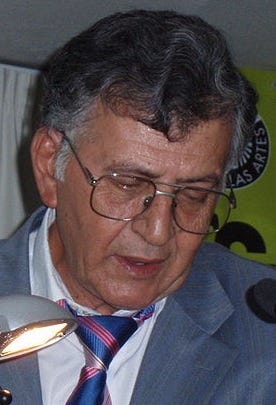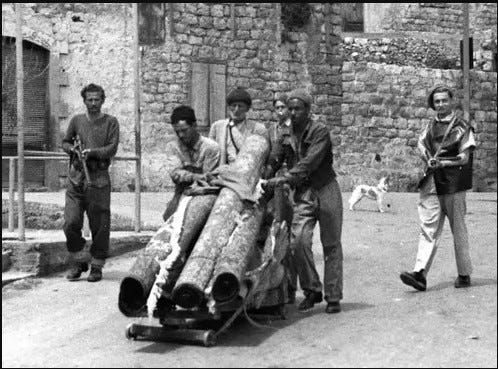Culture Break: Palestinian Poetry
A Legacy of Resilience and Identity
While the violence and suffering in Palestine often dominate headlines, it’s crucial also to recognise the cultural richness of its people. Like cuisine, poetry has been a cornerstone of Palestinian heritage, capturing its people's spirit, struggles, and dreams through generations. It holds a special place in the cultural and political identity of the Palestinian people.
Poets have preserved their history, expressed their struggles, and celebrated their resilience through words. Here are three prominent Palestinian poets whose works stand as powerful testaments to their heritage:
1. Mahmoud Darwish (1941–2008)
Darwish is often regarded as the national poet of Palestine. His poetry beautifully captures the Palestinian experience of loss, exile, and hope. In "Identity Card," he writes:
"Write down!
I am an Arab
And my identity card number is fifty thousand
I have eight children
And the ninth will come after a summer
Will you be angry?"
Through his lyrical yet poignant verses, Darwish became a voice for displaced Palestinians, linking their personal pain to a collective resistance.
2. Fadwa Tuqan (1917–2003)
Known as the "Poet of Palestine," Tuqan’s work focuses on themes of love, grief, and national pride.
Her poem "Enough for Me" speaks to the unyielding connection Palestinians feel to their land:
"Enough for me to die on her land
be buried in her
to melt and vanish into her soil
then sprout forth as a flower
played with by a child from my country.
Enough for me to remain
in my country’s embrace
to be in her close as a handful of dust
a sprig of grass
a flower."
Her poetry reflects a profound connection to the land and a deep longing for freedom.
3. Samih al-Qasim (1939–2014)
A prolific poet, al-Qasim’s work is infused with themes of resistance and defiance. His poetry often challenges oppression and celebrates the Palestinian spirit.
In "Enemy of the Sun," he declares:
"I may, if you wish, lose my livelihood,
I may sell my shirt and bed,
I may work as a stonecutter,
A street sweeper, a porter,
I may search in the garbage cans
For my food,
I may lie down, homeless,
at night,
But I shall not compromise,
and to the last pulse in my veins,
I shall resist."
Poetry as a Cultural Window
Palestinian poetry is more than art; it’s a testament to endurance and a repository of collective memory. Through their words, poets preserve a heritage under threat and offer a lens into the Palestinian soul.
Palestinian poetry transcends politics and becomes a way of preserving culture, history, and identity amidst dispossession. By celebrating poets like Darwish, Tuqan, and al-Qasim, we honour the invincible spirit of the Palestinian people and their ongoing struggle for justice.
All articles on Diaspora Dialogue are free to read for one year from publication. If you’ve enjoyed this piece and would like to support my work, you can do so by subscribing, or by buying me a coffee. Thank you for reading and being part of the dialogue!







